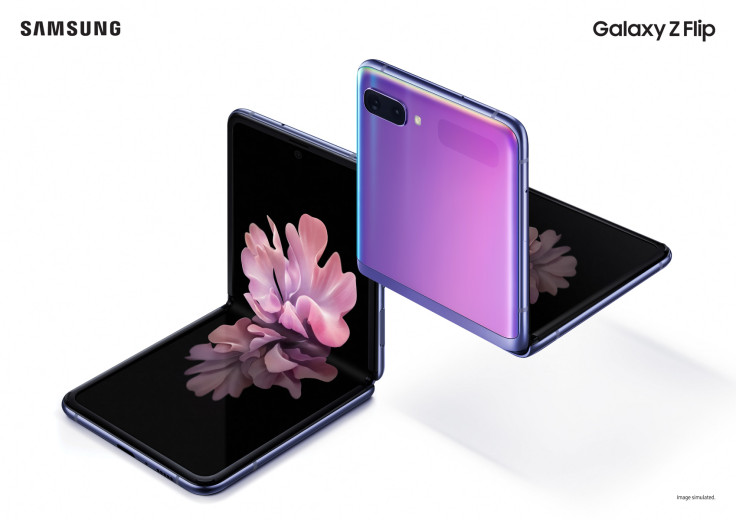Samsung Galaxy Z Flip: Durability of Ultra Thin Glass display is questionable, testing shows
Samsung's follow-up attempt was supposed to be the new standard for foldable displays of the future.
The second-generation of folding handsets are not available for consumers to purchase. Motorola headlined 2020 with the release of the revamped Razr. Nevertheless, what came into question was the durability of plastic film used by the panel. Repeated folding and opening can eventually damage the Polyimide (PI) substrate, which can damage the sensitive screen and render it unresponsive. Meanwhile, the recently released Galaxy Z Flip was promoted to be more robust thanks to its use of Ultra Thin Glass. Unfortunately, it seems real-world scenarios still pose a risk for owners of this fancy new clamshell foldable.
When the first flexible displays were introduced to the public, it presented a groundbreaking shift in technology. What followed were several concept and prototype products which demonstrated how it can be applied for consumer electronics and more. As analysts feared, the first-generation of foldable smartphones such as the Galaxy Fold, Huawei Mate X, and Royole FlexPai were prone to catastrophic reliability issue.
Samsung's follow-up attempt was supposed to be the new standard for foldable displays of the future. However, Ultra Thin Glass is not exactly what it was made out to be. Last year, rumours hinted that a new foldable device from the South Korean company will be equipped with a new type of material. The Galaxy Z Flip sports a screen that allegedly behaves like plastic when it comes to flexibility, but is as good as glass when it comes to resisting some damages such as scratches.
The Verge points out that a test conducted by Zack Nelson of JerryRigEverything fame exposed that the bold claims made by the manufacturer do not exactly hold up. "This screen is in no way scratch resistant whatsoever," he noted. As such, the YouTuber theorised that the so-called Ultra Thin Glass might be a hybrid plastic polymer that features microscopic bits of glass mixed in.

A spokesperson from Samsung was able to shed some light on the matter. "Galaxy Z Flip features an Infinity Flex Display with Samsung's Ultra Thin Glass (UTG) to deliver a sleek, premium look and offer an immersive viewing experience," read the email. "Samsung's first-of-its-kind UTG technology is different from other Galaxy flagship devices. While the display does bend, it should be handled with care," it added. The manufacturer confirms that there is another protective layer on top of the display much like the one of the Galaxy fold.
© Copyright IBTimes 2025. All rights reserved.





















